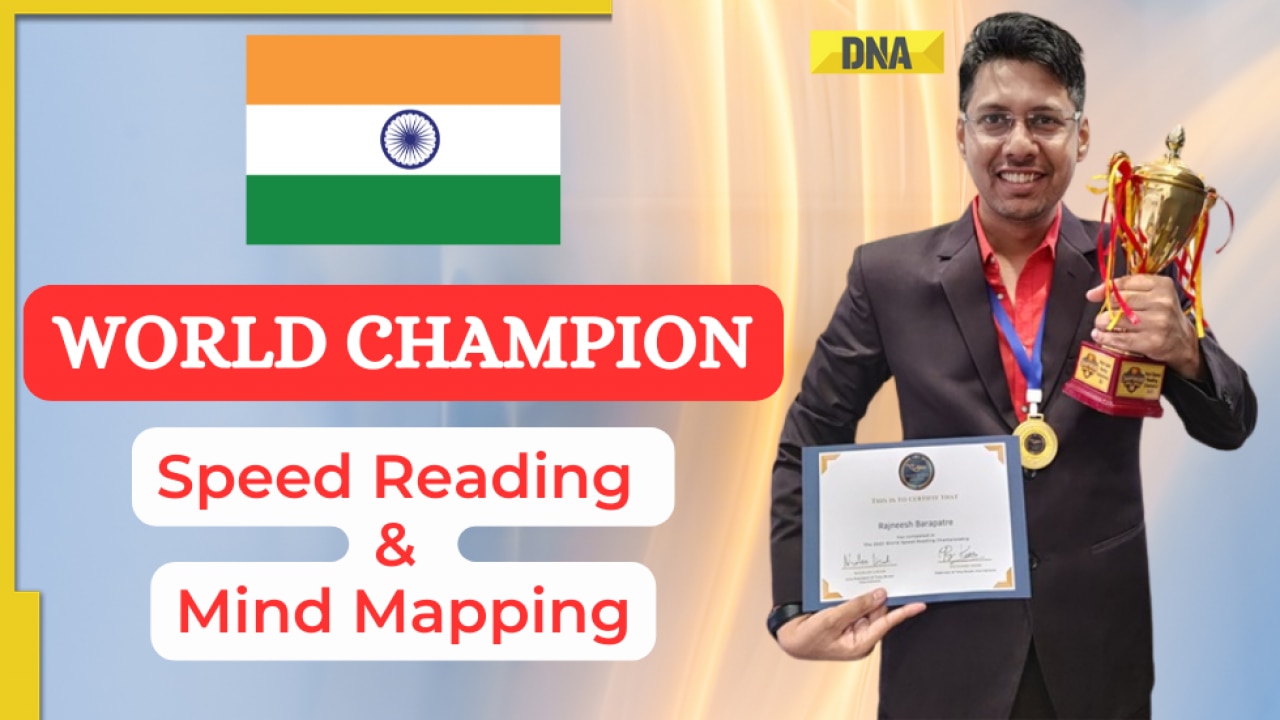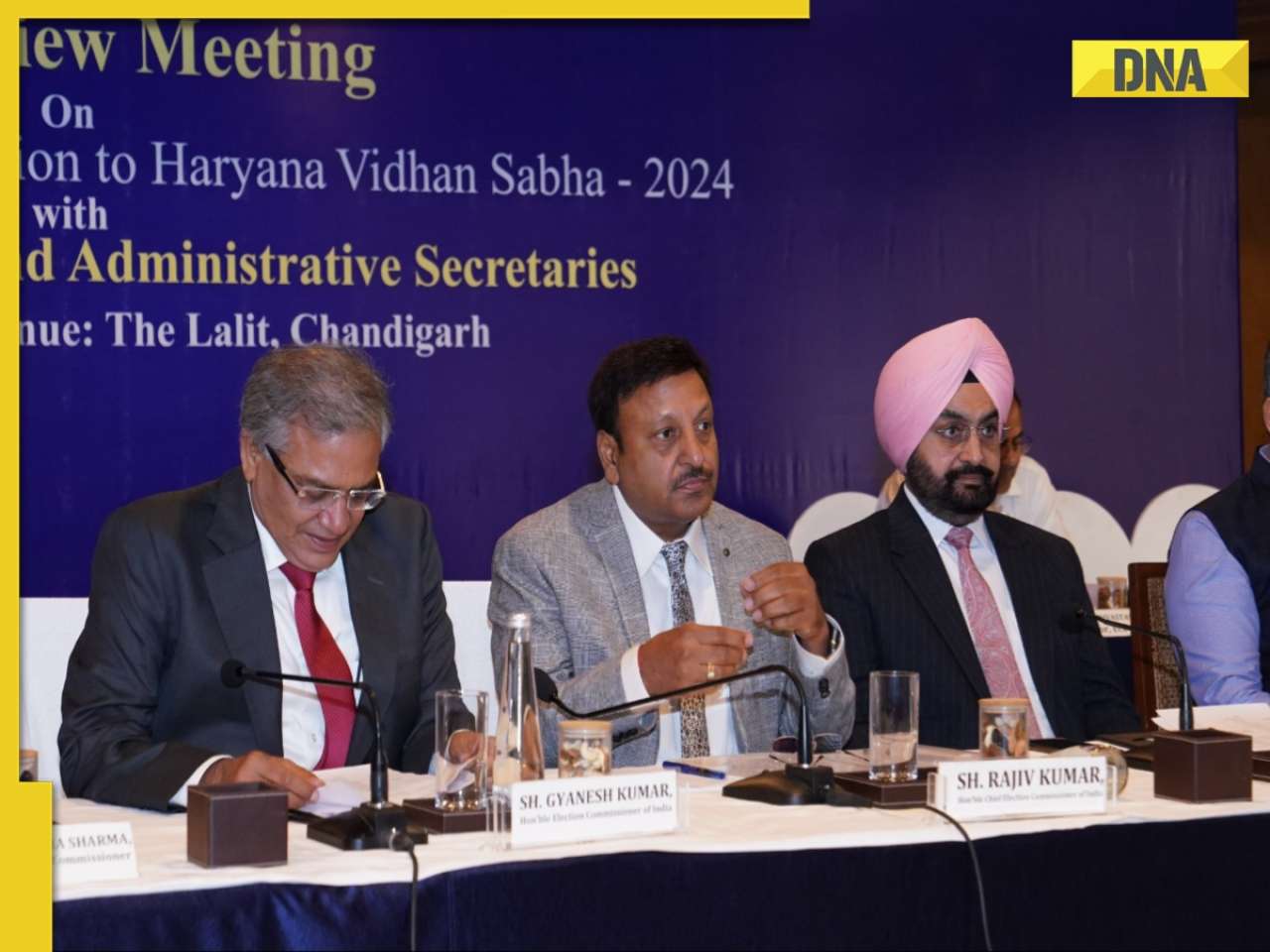Venkata Mudumbai is a salesforce architect and Manager at a French Multinational Technology and Consulting Firm based out of Chicago, USA.
In this enlightening interview, we delve with Venkata Mudumbai into the innovative AI-driven strategies that have revolutionized CRM applications. Our discussion highlights how leveraging Salesforce Einstein and MuleSoft's AI capabilities has significantly reshaped customer engagement and operational efficiency. We explore the integration challenges and the strategic adoption of open-source frameworks like TensorFlow and PyTorch. Additionally, we gain insights into the development of an Intelligent Order Routing system and its impact on cost-effectiveness and customer satisfaction.

1. Your initiatives have leveraged AI to transform CRM applications significantly. Could you elaborate on how these AI-driven insights have reshaped customer engagement and operational efficiency within your projects?
My AI initiatives implemented at various customer engagements have fundamentally reshaped CRM practices by leveraging Salesforce Einstein and MuleSoft's AI capabilities. These technologies enable us to predict customer behavior with unprecedented accuracy, leading to a 20% increase in customer satisfaction. Real-time insights into customer preferences and sentiments have streamlined operations, reducing response times by 30% and boosting sales conversion rates by 15%. This transformative approach not only enhances customer engagement but also drives operational efficiency, marking a significant advancement in CRM applications.
2. The integration of Salesforce Einstein and MuleSoft's AI capabilities in your predictive analytics models is quite innovative. What were the key challenges you faced during implementation, and how did you overcome them to achieve such impressive results?
Implementing AI posed challenges such as integrating diverse data sources and ensuring the reliability of predictive models. I addressed these by leveraging MuleSoft's Anypoint Platform for seamless data integration and deploying robust machine learning frameworks like TensorFlow. Continuous validation and refinement of algorithms were critical, ensuring our predictions were both accurate and actionable. This approach enabled me to overcome implementation hurdles effectively, achieving substantial improvements in predictive analytics and operational outcomes.
3. Your development of an Intelligent Order Routing system is particularly intriguing. How does this AI algorithm enhance both cost-effectiveness and customer satisfaction in real-time order management scenarios?
My Intelligent Order Routing system optimizes order fulfillment by analyzing real-time data such as customer location and product availability. This AI-driven approach, powered by Salesforce Einstein and TensorFlow, ensures orders are routed to the most suitable fulfillment teams. As a result, I've seen significant reductions in shipping costs and transit times, alongside enhanced customer satisfaction due to faster order processing and delivery. This system exemplifies how AI can drive efficiency and improve customer experience in dynamic operational environments.
4. Could you share some insights into the strategic decisions behind adopting open-source frameworks like TensorFlow and PyTorch in your AI projects? How have these choices influenced your approach to AI development and scalability?
Adopting open-source frameworks like TensorFlow and PyTorch has been pivotal in my AI strategy. These frameworks offer flexibility, scalability, and robust community support, empowering data scientists to develop sophisticated machine learning models tailored to CRM applications. By leveraging these tools, I've accelerated innovation, scaled AI capabilities across diverse projects, and maintained agility in responding to client needs. This strategic choice has enhanced my ability to deliver cutting-edge AI solutions that drive measurable business impact.
5. Looking forward, what do you see as the next frontier in AI-driven CRM innovations? How do you envision these advancements shaping the future of customer experience and business operations?
Looking ahead, the future of AI-driven CRM innovations lies in advancing personalization and predictive capabilities. I anticipate breakthroughs in natural language processing (NLP) for more intuitive customer interactions, enhanced sentiment analysis for deeper customer insights, and AI-driven automation of complex business processes. These advancements will revolutionize customer experience by anticipating needs proactively and optimizing business operations for greater efficiency and agility. AI will continue to play a pivotal role in shaping the future of CRM, driving sustainable growth and competitive advantage.
![submenu-img]() Bharatiya Samman to be held on October 2, 2024
Bharatiya Samman to be held on October 2, 2024![submenu-img]() UEFA Champions League 2024-25: All you need to know about group stage draw, date, time, teams and new format
UEFA Champions League 2024-25: All you need to know about group stage draw, date, time, teams and new format![submenu-img]() Meet man who bought 44% stake in company with Virat Kohli connection, his business is...
Meet man who bought 44% stake in company with Virat Kohli connection, his business is...![submenu-img]() Salman Khan's bodyguard Shera buys brand new Range Rover Sport; it's price will shock you
Salman Khan's bodyguard Shera buys brand new Range Rover Sport; it's price will shock you![submenu-img]() This actress was abused, threatened and kidnapped by her boyfriend, sent to jail; she is now...
This actress was abused, threatened and kidnapped by her boyfriend, sent to jail; she is now... ![submenu-img]() Rules Change: 1 सितंबर से बदल रहे UPI से लेकर Aadhaar Update तक के नियम, जान लें पूरी लिस्ट
Rules Change: 1 सितंबर से बदल रहे UPI से लेकर Aadhaar Update तक के नियम, जान लें पूरी लिस्ट![submenu-img]() यूपी के मदरसे में खोल दी 'सरकारी टकसाल', 100-100 के नोट छाप रहा था ओडिशा का मौलाना, पढ़ें पूरी बात
यूपी के मदरसे में खोल दी 'सरकारी टकसाल', 100-100 के नोट छाप रहा था ओडिशा का मौलाना, पढ़ें पूरी बात![submenu-img]() J-K Encounter: विधानसभा चुनाव से पहले Kupwara में घुसपैठ की कोशिश, 3 जगहों पर मुठभेड़ जारी, 3 आतंकी ढेर
J-K Encounter: विधानसभा चुनाव से पहले Kupwara में घुसपैठ की कोशिश, 3 जगहों पर मुठभेड़ जारी, 3 आतंकी ढेर![submenu-img]() Delhi Rain: दिल्ली-NCR में घर से निकलने से पहले सोच लें, झमाझम बारिश से झील बनीं सड़कें, हर तरफ है जाम
Delhi Rain: दिल्ली-NCR में घर से निकलने से पहले सोच लें, झमाझम बारिश से झील बनीं सड़कें, हर तरफ है जाम![submenu-img]() Petrol-Diesel Price Today: पेट्रोल-डीजल की कीमत में बदलाव, जानें अपने शहर के फ्यूल रेट
Petrol-Diesel Price Today: पेट्रोल-डीजल की कीमत में बदलाव, जानें अपने शहर के फ्यूल रेट![submenu-img]() How to Prepare for the CMA Exam: Tips and Resources for Success
How to Prepare for the CMA Exam: Tips and Resources for Success![submenu-img]() Nag Ashwin talks about directing Kamal Haasan in Kalki 2898 AD: 'He is like a film school'
Nag Ashwin talks about directing Kamal Haasan in Kalki 2898 AD: 'He is like a film school'![submenu-img]() Meet beauty queen who quit modelling for UPSC exam, faced poverty, couldn’t pay coaching fees, failed thrice then...
Meet beauty queen who quit modelling for UPSC exam, faced poverty, couldn’t pay coaching fees, failed thrice then...![submenu-img]() Meet Indian genius who started business at 13, now owns a Rs 100 crore company, his business is…, he is from…
Meet Indian genius who started business at 13, now owns a Rs 100 crore company, his business is…, he is from…![submenu-img]() Meet woman who was married at 14, became mother of two by 18, resumed her studies, cracked UPSC exam, she is posted as…
Meet woman who was married at 14, became mother of two by 18, resumed her studies, cracked UPSC exam, she is posted as…![submenu-img]() Tripura Floods: 12 Killed, Over 300 Rescued As Heavy Rains Causes Severe Flooding In Tripura
Tripura Floods: 12 Killed, Over 300 Rescued As Heavy Rains Causes Severe Flooding In Tripura![submenu-img]() Kolkata Doctor Murder: Are Indian Rape Laws Enough? Public Opinion On Stricter Measures
Kolkata Doctor Murder: Are Indian Rape Laws Enough? Public Opinion On Stricter Measures![submenu-img]() PM Modi In Poland: Calls For 'Restoration Of Peace' Amid Russia-Ukraine War | Warsaw
PM Modi In Poland: Calls For 'Restoration Of Peace' Amid Russia-Ukraine War | Warsaw![submenu-img]() Neeraj Chopra Bags Second Spot In Lausanne Diamond League 2024, Surpasses Paris Olympic Throw
Neeraj Chopra Bags Second Spot In Lausanne Diamond League 2024, Surpasses Paris Olympic Throw![submenu-img]() Surat Metro Construction Mishap: Crane Topples Onto Vacant Building, No Casualties Reported
Surat Metro Construction Mishap: Crane Topples Onto Vacant Building, No Casualties Reported![submenu-img]() Manu Bhaker wants to spend time with this Indian sportsperson and it's not Neeraj Chopra
Manu Bhaker wants to spend time with this Indian sportsperson and it's not Neeraj Chopra![submenu-img]() Neeraj Chopra's net worth before Olympics was Rs 25 cr, Arshad's net worth was Rs 80 lakh, their current net worth is...
Neeraj Chopra's net worth before Olympics was Rs 25 cr, Arshad's net worth was Rs 80 lakh, their current net worth is...![submenu-img]() Vinesh Phogat's net worth was just Rs 5 crore before Paris Olympics, her current net worth is Rs…
Vinesh Phogat's net worth was just Rs 5 crore before Paris Olympics, her current net worth is Rs…![submenu-img]() What is the price, length and weight of Neeraj Chopra and Olympic gold medalist Arshad Nadeem's javelin?
What is the price, length and weight of Neeraj Chopra and Olympic gold medalist Arshad Nadeem's javelin?![submenu-img]() Meet Archana Kamath Olympian who created history in Paris quits playing forever at 24 due to...
Meet Archana Kamath Olympian who created history in Paris quits playing forever at 24 due to...![submenu-img]() From GCA board member to ICC chairman: Jay Shah's journey as cricket administrator
From GCA board member to ICC chairman: Jay Shah's journey as cricket administrator![submenu-img]() Prime Minister's son who became actor, gave blockbusters with superstars, braved failed marriage; was found dead in...
Prime Minister's son who became actor, gave blockbusters with superstars, braved failed marriage; was found dead in...![submenu-img]() Meet actress who served food at Ambani wedding for just Rs 50, ate garbage to survive, now worth Rs 40 crore, charges...
Meet actress who served food at Ambani wedding for just Rs 50, ate garbage to survive, now worth Rs 40 crore, charges...![submenu-img]() Seven effective dietary tips to reduce heart attack risk
Seven effective dietary tips to reduce heart attack risk ![submenu-img]() Bollywood's biggest flop was also India's most expensive film, ruined superstar's career, earned only Rs 3.50 crore
Bollywood's biggest flop was also India's most expensive film, ruined superstar's career, earned only Rs 3.50 crore![submenu-img]() Bharatiya Samman to be held on October 2, 2024
Bharatiya Samman to be held on October 2, 2024![submenu-img]() Rajneesh Barapatre Crowned World No. 1 Brain Athlete, Wins Global Title in Speed Reading and Mind Mapping
Rajneesh Barapatre Crowned World No. 1 Brain Athlete, Wins Global Title in Speed Reading and Mind Mapping![submenu-img]() Big trouble for Sandip Ghosh, ex-principal of RG Kar hospital, IMA now...
Big trouble for Sandip Ghosh, ex-principal of RG Kar hospital, IMA now...![submenu-img]() ED imposes Rs 908 crore fine on DMK MP Jagathrakshakan, family in FEMA case
ED imposes Rs 908 crore fine on DMK MP Jagathrakshakan, family in FEMA case![submenu-img]() Entrepreneur and Shark Tank judge Vineeta Singh reacts to West Bengal's measures for women safety, says 'this is not...'
Entrepreneur and Shark Tank judge Vineeta Singh reacts to West Bengal's measures for women safety, says 'this is not...'![submenu-img]() Malayalam cinema's sexual abuse scandal explained: How sexual assault of star in 2017 led to Mollywood's #MeToo moment
Malayalam cinema's sexual abuse scandal explained: How sexual assault of star in 2017 led to Mollywood's #MeToo moment![submenu-img]() Jammu and Kashmir Assembly elections: What is delimitation that paved the road for these Elections?
Jammu and Kashmir Assembly elections: What is delimitation that paved the road for these Elections?![submenu-img]() Wings of Refuge: Rafales escort Hasina to safety
Wings of Refuge: Rafales escort Hasina to safety![submenu-img]() Bangladesh in a crisis: A coup, protests and a fleeing Prime Minister
Bangladesh in a crisis: A coup, protests and a fleeing Prime Minister![submenu-img]() DNA Explainer: What is Waqf Board Act and why does Modi government want to amend it?
DNA Explainer: What is Waqf Board Act and why does Modi government want to amend it?













































)
)
)
)
)
)
)
)
)
)
)
)
)
)
)






)
)
)
)
)
)